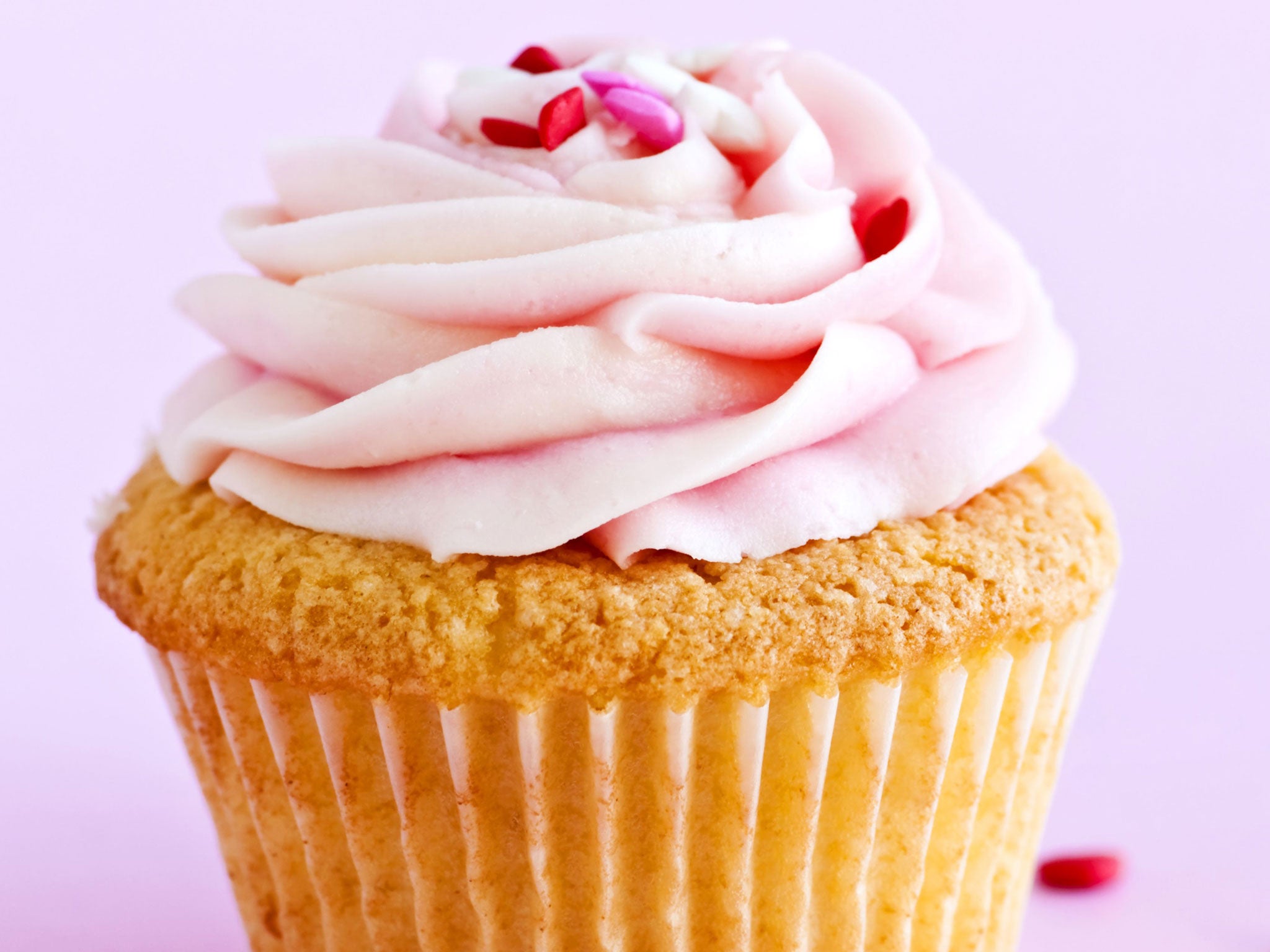Gluten-free diets reveal more about Western anxieties than they do about the protein
Adam and Eve had the forbidden fruit, we’ve got gluten

Eating gluten can produce a range of maladies. Stomachs bloat, energy drains away, stools – as the doctors call them – disintegrate. So far, so scientific, but an important qualifier is missing. Close and personal contact with a cupcake – one of the many gluten-based treats – won’t produce such symptoms in the human body unless its owner is among the one per cent of the population that has coeliac disease.
To put it another way, the next person you meet who goes on about the dangers of gluten is – scientifically speaking – not on solid ground. The non-coeliacs who avoid gluten, in fact, probably reveal more about Western anxieties than they do about a protein once known best for giving breads their chewy texture.
Alan Levinovitz, author of the The Gluten Lie, leads a growing backlash. “The state of science right now,” he says, “is this: the vast majority of people who think they react to gluten don’t.” Since the publication of Wheat Belly (2011) and Grain Brain (2013), both treatises against gluten, a soaring number of people – most of them in America – have sworn off it: Gwyneth Paltrow espouses the gluten-free lifestyle, Miley Cyrus avers that it helped her get over fatigue.
While many Asian people happily eat gluten on its own, served fried and known as “seitan”, for the West it has become the villain in the breadbasket. That alone might ring a warning bell: one of Ben Goldacre’s tests for quack science is inexplicable geographical variation – based on the idea that if something is making people sick (or well) in one part of the world, it will probably be doing so in another.
Levinovitz suggests the spate of “gluten sensitivity” self-diagnoses might have more to do with historical narratives than any particular sensitivity on the lining of celebrity, or any other, intestines. “The most famous myth in the world,” he says, “is the dietary fall from grace. Adam and Eve go into the garden, eat the wrong food, and become mortal. So it makes sense to us intuitively that everything that’s wrong with us can be traced to a mistake we make with that we eat.”
To prove that point, The Gluten Lie traces the erroneous history of diet demonisation, from the Daoist monks who believed that grains “rotted and befouled” the body, to the late-20th-century campaign against fat – stripped from yoghurts and so much besides (but now recommended to endurance athletes in place of carbohydrates). Perhaps most relevant is the scientifically bogus fatwa on MSG, the supposedly “headache-producing” ingredient in cheap Chinese food that also happens to be found naturally in Parmesan and tomatoes. The lesson that humanity appears slow to pick up – perhaps because it’s so bland – is that moderation across the board is probably the answer to all questions of diet.
Which isn’t to say that contemporary diets necessarily tick that box. In fact, fear of gluten takes not unreasonable doubts about the make-up of the contemporary lunch box and simply narrows them down too far. Going “paleo” – back to what the cavemen ate – takes the anti-modern impulse several degrees beyond the sane, but cheap white bread – stuffed full of sugar – really shouldn’t sandwich so many lives. Commercial milling techniques strip out the nutrients in wheat, leaving the demon gluten behind to take the blame. A poor diet may not alone explain the steep rise in chronic disease across the rich world (diabetes, arthritis, heart disease – take your pick) but it certainly doesn’t help any.
Personally, I didn’t put much thought to any of this for the month or so I went (nearly) gluten-free. It was simply “in the air”. Some health issues had presented themselves, and I didn’t think it could do any harm – and nor did I mind – undertaking a trial that involved exceedingly expensive gingerbread men.
The 8.9 per cent drop in sales of normal bread last year – and the spread of “free-from” products across the UK’s supermarket shelves – is likely explained by similarly dozy logic. A lot of people would like to feel less generally lousy and the chance to achieve as much by cutting out a specific foodstuff seems a reasonable one to take. Even today – back among the tortilla wraps – I remain suspicious of pasta, and put that down to some communication between gut and brain that I’m not consciously party to. A “gut feeling”, in the technical sense, but perhaps not a wise or useful one.
The more draconian we become about food, nixing one ingredient or another, the less enjoyable eating is. Food should make you feel alive, besides keeping your body functioning for as long as possible. “The gluten free-movement,” says Levinovitz, “is incredibly threatening to the beautiful diversity of culinary cultures that make life so wonderful.” Long live the smorgasbord.
Join our commenting forum
Join thought-provoking conversations, follow other Independent readers and see their replies
Comments